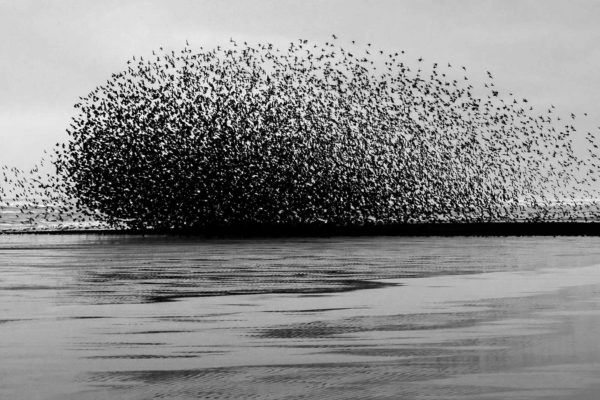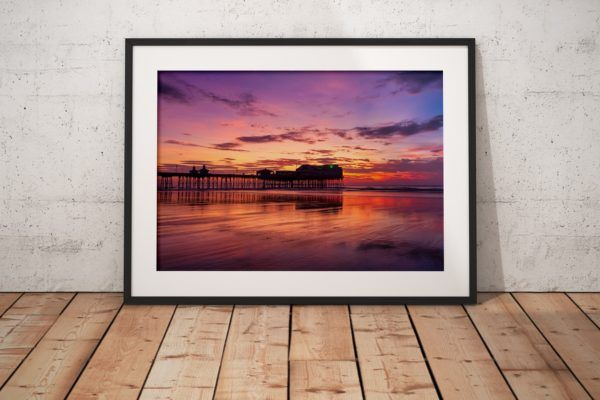I’ve spent a considerable amount of time thinking about how I can improve my photography blog over these past few days. I came to the conclusion that this blog should not only showcase my new photographic work, but be a place where I can share the things that inspire me and, hopefully, inspire you.
An important factor in the development of any creative practice is a willingness to critically engage and appreciate the work of other artists. I mentioned in my blog post last month that there are some fantastic artists who are producing truly inspirational work and so I thought it was about time to share and discuss what really inspires me. Earlier today I had my first lecture teaching photojournalism to third year BA (Hons) International Journalism students at UCLAN and I really wanted to stress the importance of purism when working within that genre of photography. Truthfulness, objectivity and fairness are values that give the photojournalism profession credibility and respect. The role of a photojournalist shouldn’t be to create an aesthetic reality, but to document reality aesthetically. Professional photojournalists are not only social historians with a camera, they are also highly competent technicians who must keep up to date with changing technology and the ethical considerations associated with that technology. There are certain principles that should remain constant despite technological advances. The guiding principle for any manipulations to a documentary photograph should always be it’s content. If the content or intent of the image is drastically altered (for example, the removal of people or objects) then the manipulation should not occur. One of my favourite documentaries that discusses the ethical and moral manner in which we approach documentary photography is ‘Street Photography: Documenting The Human Condition’ by the American photographer Chris Weeks. If your interested in seeing how contemporary street photographers work or if you’d like to learn more about the history of the genre then I highly recommend that you watch it.






